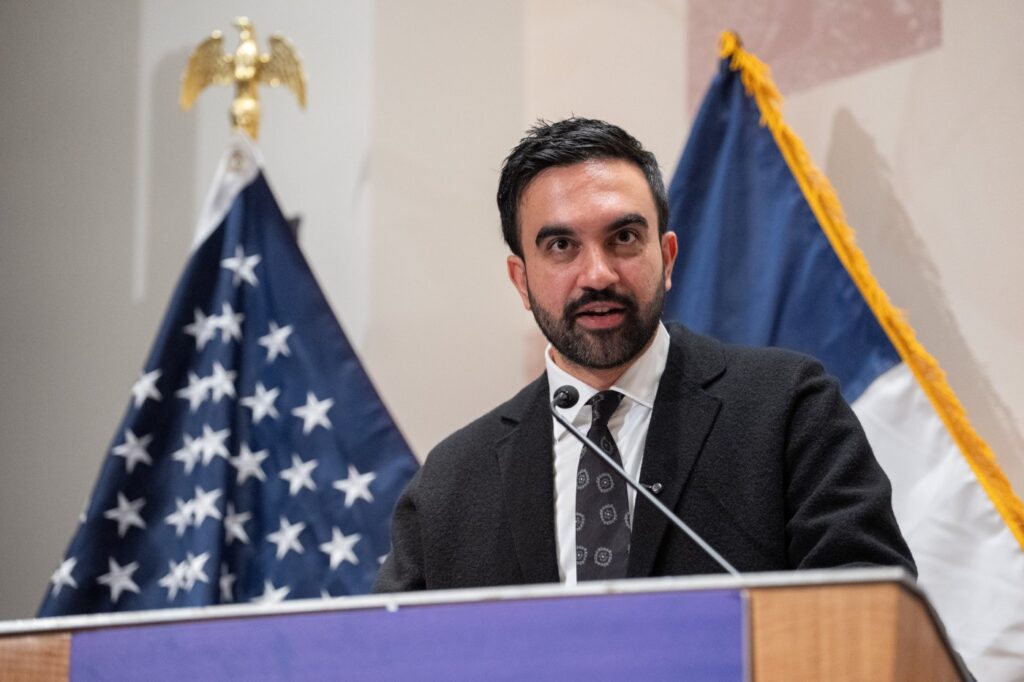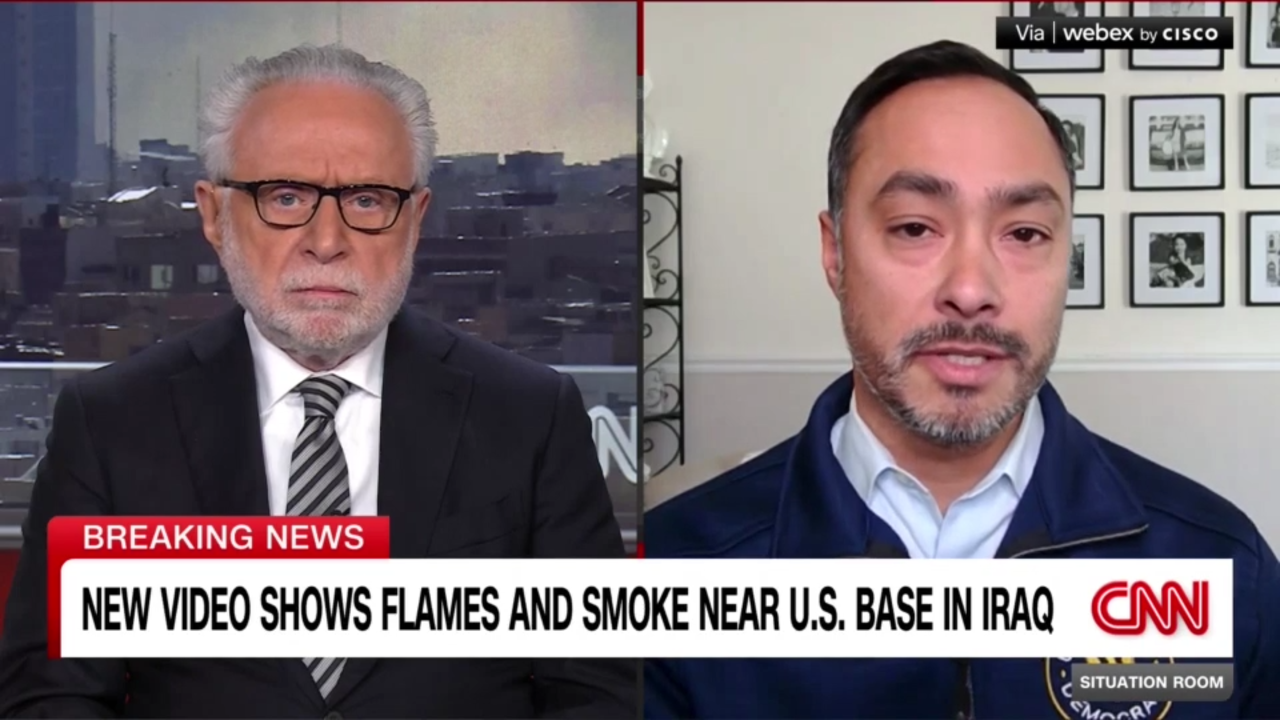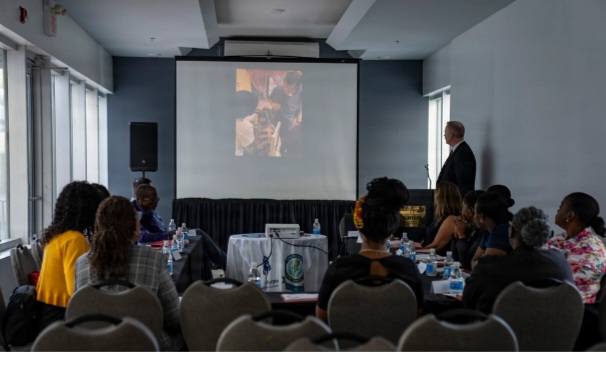
The race for the new City Council speaker in New York City has sparked discussions about the role of incoming Mayor Zohran Mamdani. Observers suggest that Mamdani would be wise to refrain from participating in the contest, drawing on past experiences of his predecessors.
Former Mayor Eric Adams faced backlash when he attempted to influence the selection of the speaker during his tenure, leading to a lasting rift with the eventual winner. In contrast, Bill de Blasio successfully secured the speaker’s position for his preferred candidate after his election in 2013, but this move complicated the speaker’s ability to operate independently. Given these precedents, Mamdani may benefit from allowing the 51-member Council to elect its speaker without external interference.
Throughout his recent campaigns, Mamdani demonstrated a disciplined approach, maintaining focus and strategically avoiding public statements on contentious issues until the appropriate moment. For instance, during discussions surrounding housing ballot questions that aimed to strip local vetoes on land use matters, he kept his preference private until Election Day. This silence could serve him well as he navigates the complexities of the speaker election.
During the recent Somos conference in Puerto Rico, Mamdani displayed political acumen by sidestepping questions regarding his preferences for the Council speaker, a sign of his awareness of the pitfalls that come with backing specific candidates. His caution is prudent, considering that previous mayors have faced challenges when endorsing candidates in this role.
The dynamics at play in the Council’s leadership selection may overshadow Mamdani’s agenda. As he prepares to take on the responsibilities of mayor, he has significant issues to address, including the implementation of his policies and managing relationships with a federal government that may threaten the city’s financial stability. Mamdani’s administration will likely need to contend with potential reductions in federal funding, especially in light of former President Donald Trump‘s past actions against New York City.
Despite becoming the first mayor since the 1960s to secure more than one million votes, Mamdani should exercise caution in the speaker election. The risks associated with meddling in the Council’s internal affairs could create complications that distract him from his primary duties.
The recent ballot measures approved by voters enhance the mayor’s authority over land use issues, addressing concerns that local Council members may prioritize specific interests over broader urban needs. With the local veto on affordable housing projects now eliminated, Mamdani has the opportunity to expedite housing development. Although this approach may not win him favor with all Council members, it aligns with the interests of New Yorkers seeking solutions to pressing housing challenges.
As the City Council deliberates its leadership, it would be prudent for Mamdani to focus on establishing his administration and advancing his legislative agenda. By concentrating on these priorities, he can better position himself to address the significant challenges facing New York City.







